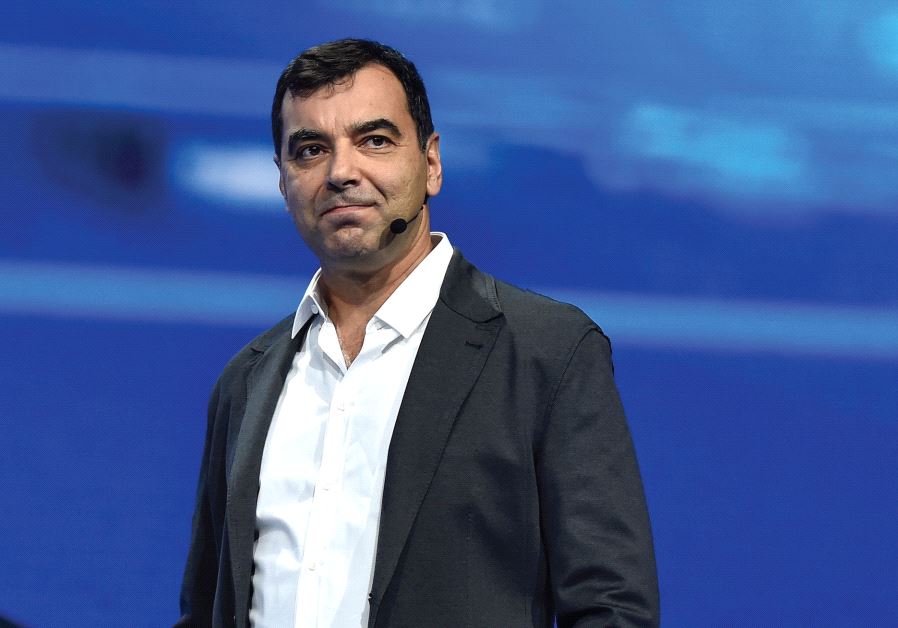Mobileye: An entry – not an exit
Intel’s buyout of Mobileye is not a classic story of an Israeli hi-tech company cashing out, but rather a scale-up to bigger things.
 Mobileye co-founder Amnon Shashua speaks at a press event at CES in Las Vegas, January 5, 2016(photo credit: AFP PHOTO)Updated:
Mobileye co-founder Amnon Shashua speaks at a press event at CES in Las Vegas, January 5, 2016(photo credit: AFP PHOTO)Updated: